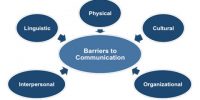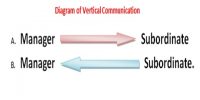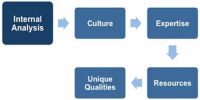The project is a planned set of interrelated tasks to be executed over a fixed period and within certain cost and other limitations. It is generally deemed to be a success if it achieves the objectives according to their acceptance criteria, within an agreed timescale and budget.
Features of project: From the viewpoint of objectives, functions, internal function environmental each project has specific characteristics. These are as follows: –
- Importance:
The most crucial attribute of a project is that it must be important enough in the eyes of senior management to justify setting up a special organizational unit outside the routine structure of the organization.
- Performance:
A project is usually a one-time activity with a well-defined set of the desired end result. The project is complex enough that the subtasks require careful coordination and control in terms of timing procedure, cost, and performance.
- Definite life cycle:
Like organic entities, a project has a life cycle. From a show beginning they progress to a buildup of size, then peak, begin a decline, and finally must be terminated by some due date.
- Complex interdependent:
A project often interacts with other project being carried out simultaneously by their parent organization. The employees of a project come from the different environment and make complex interdependencies.
- Uniqueness:
Through the desired end results may have been achieved elsewhere, they are at least unique to the organization. Moreover, every project has some elements that are unique.
- Resources:
A project has a limited budget, both for personal as well as other resources.
- Conflict environment:
More than most managers, the project manager lives in a world characterized by conflict. Projects complete with the functional department for resources and personnel. Here conflict arises for leadership, distribution, and individual interest.
















